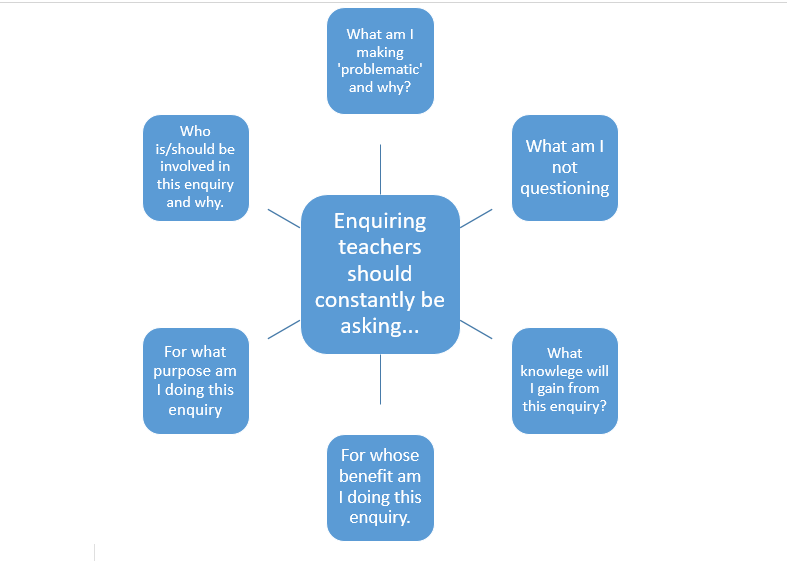
Practice and policy development in ‘Outdoor Learning’ and ‘Learning for Sustainability’ in Scotland has been informed, and heavily influenced by the research and teaching of the outdoor and sustainability education staff at Moray House School of Education. In particular the Scottish commitment to bring outdoor learning together with other more traditional approaches to education for sustainable development, and to do so simultaneously in a wide range of Scottish Government policy areas, as well as in the training and registration of teachers, and supported by establishing a United Nations recognised centre of expertise in the field, is of international significance.
Professor Charles Hopkins, UNESCO Chair in Education for Sustainable Development, York University, Canada
Teaching outdoors helps encourage curiosity, and stimulates all the senses in a way that indoor learning simply cannot do. Progressive outdoor learning experiences are best delivered through a combination of school-based outdoor learning and residential programmes. All children and young people are participating in a range of progressive and creative outdoor learning experiences which are clearly part of the curriculum.
Learning outdoors can be enjoyable, creative, challenging and adventurous and helps children and young people learn by experience and grow as confident and responsible citizens who value and appreciate the spectacular landscapes, natural heritage and culture of Scotland.
Well-constructed and well-planned outdoor learning helps develop the skills of enquiry, critical thinking and reflection necessary for our children and young people to meet the social, economic and environmental challenges of life in the 21st century. Outdoor learning connects children and young people with the natural world, with our built heritage and our culture and society, and encourages lifelong involvement and activity in outdoors.
Partnerships between staff in schools, other educational settings and with other organisations will create working relationships that contribute to professional development for teachers and educators and construct clear pathways for delivering Curriculum for Excellence experiences and outcomes outdoors.
The place of outdoor learning within Curriculum for Excellence
Opportunities for outdoor learning exist within and across all curriculum areas, including the themes for development across learning such as enterprise in education, sustainable development education and global citizenship. Learning outdoors is part of the wide range of practical approaches to developing skills. Building the Curriculum 4 outlines how these approaches should be integrated: ‘These practical approaches to learning must not be seen as a ‘bolt-on’ or alternative form of provision but part of an integrated experience.
Building the Curriculum 4: Skills for learning, skills for life and skills for work, 2009
Assessment should apply to learning outside the classroom
School improvement plans are constructed drawing on a wide range of evidence, including assessment information. Assessment of outdoor learning experiences provides valuable evidence to contribute to school improvement plans. To assess individuals’ progress, essential skills may be reported and recorded through learning portfolios, learning profiles and/or reports. Actively involving children and young people in the assessment process helps develop ownership of learning.
HMIE, Learning Together: Opening up Learning, 2009
Examples from the Curriculum for Excellence Principles and Practice papers relating to the outdoors include:
- ‘encouraging and capitalising on the potential to experience learning and new challenges in the outdoor environment’ – Health and wellbeing
• ‘as children and young people progress in their learning of the sciences, teachers can take advantage of opportunities for study in the local, natural and built environments’ – Sciences
- ‘learning outdoors, field trips visits and input by external contributors’ – Social studies
Progressive experiences
‘All aspects of the curriculum can be explored outside. The sights, sounds and smells of the outdoors, the closeness to nature, the excitement most children feel, the wonder and curiosity all serve to enhance and stimulate learning.’





